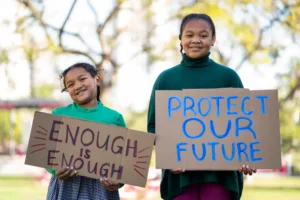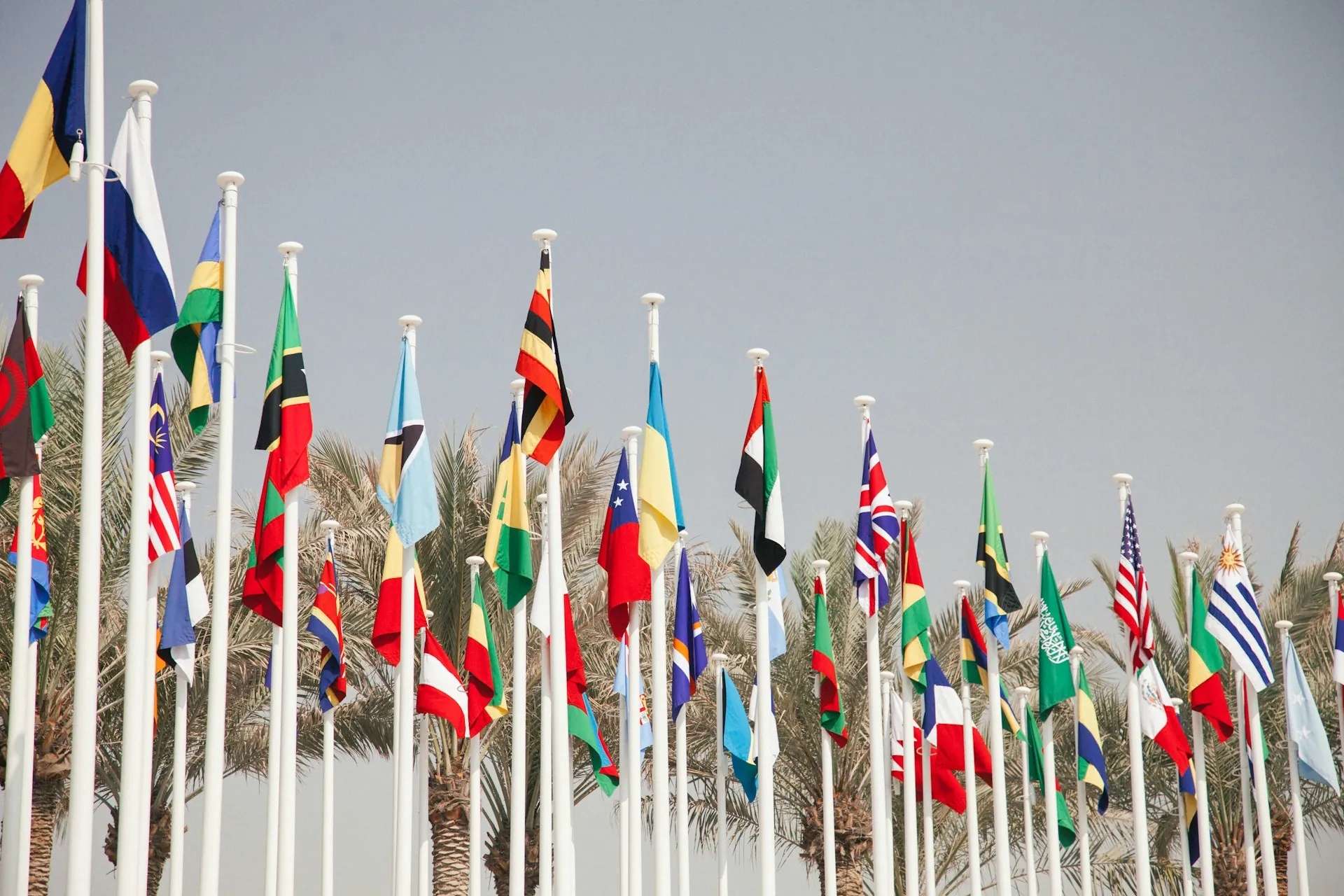The recent United Nations Financing for Development Summit in Seville, Spain, was a meeting of stark contrasts. As the world confronts a rapidly changing geopolitical landscape, the gathering was a critical opportunity to assess our progress towards the 2030 Sustainable Development Goals (SDGs) and more importantly, to address the colossal gap in their funding. With less than five years to go, the clock is ticking and the outcomes from Seville serve as a powerful wake-up call for the international community.
The central challenge is clear: global inequality is deepening, development aid is shrinking and a growing number of developing countries are buckling under unsustainable debt burdens. These realities formed the backdrop for a summit that was, at times, more sobering than celebratory.
What resonated most was the unmistakable shift in tone. UN Secretary-General António Guterres didn’t mince words, declaring that the $4 trillion annual shortfall to meet the SDGs is not merely a finance issue, it is “a matter of survival.” This statement cuts through the usual diplomatic language, framing the challenge in terms of existential urgency rather than fiscal policy.
Despite the political heat and a notable absence of G7 leaders, including the United States, the summit was not without its achievements. It produced two key frameworks that, while aspirational, offer a path forward:
The Seville Commitment: A political declaration pledging to reform the global financial architecture, support developing nations and triple the lending capacity of multilateral development banks.
The Sevilla Platform for Action: A more granular roadmap of over 100 new initiatives, ranging from innovative debt-for-climate swaps to solidarity taxes and new mechanisms for climate-aligned financing.
The presence of over 50 world leaders and a strong coalition of civil society actors and development partners signaled that the collective will to course-correct still exists, even if the geopolitical environment makes collaboration more challenging than ever.
My personal takeaway from Seville is that we can no longer rely on the traditional mechanisms that have governed global development for decades. The future must be built on a foundation of innovation, inclusion and integrity. Financing the SDGs is not simply a matter of moving money from one ledger to another; it’s a fundamental reimagining of value, power and shared responsibility in the 21st century.
Global forums like the one in Seville are far from perfect. They are often messy, political and fall short of grand expectations. Yet, they matter. They are the moments where the world is forced to look in the mirror and decide whether to continue with business as usual or finally choose to do better.



